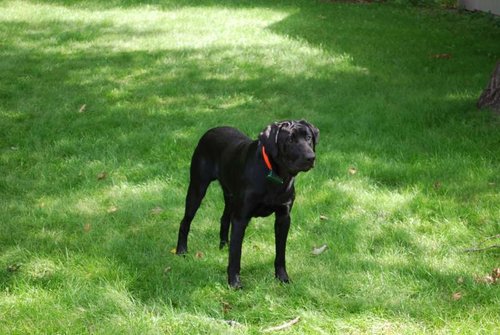skimerhorn
Member
Sat I got a 9 week old choc lab female I'm gona try to make something out of. I've never done any king of retriever training before so I'm open to all suggestions, but like to try to do it myself. Some people have suggested to get the book "water dog" so I'm gonna try that. Any advice? All I want is a dog that will bring back 75% of what I shoot, not looking to go to field trials and bring home ribbons. Right now just been tossing a chew toy for her every now and then when she seems like she wants to play. Shell go to it but that's it, I guess that's a good start.






